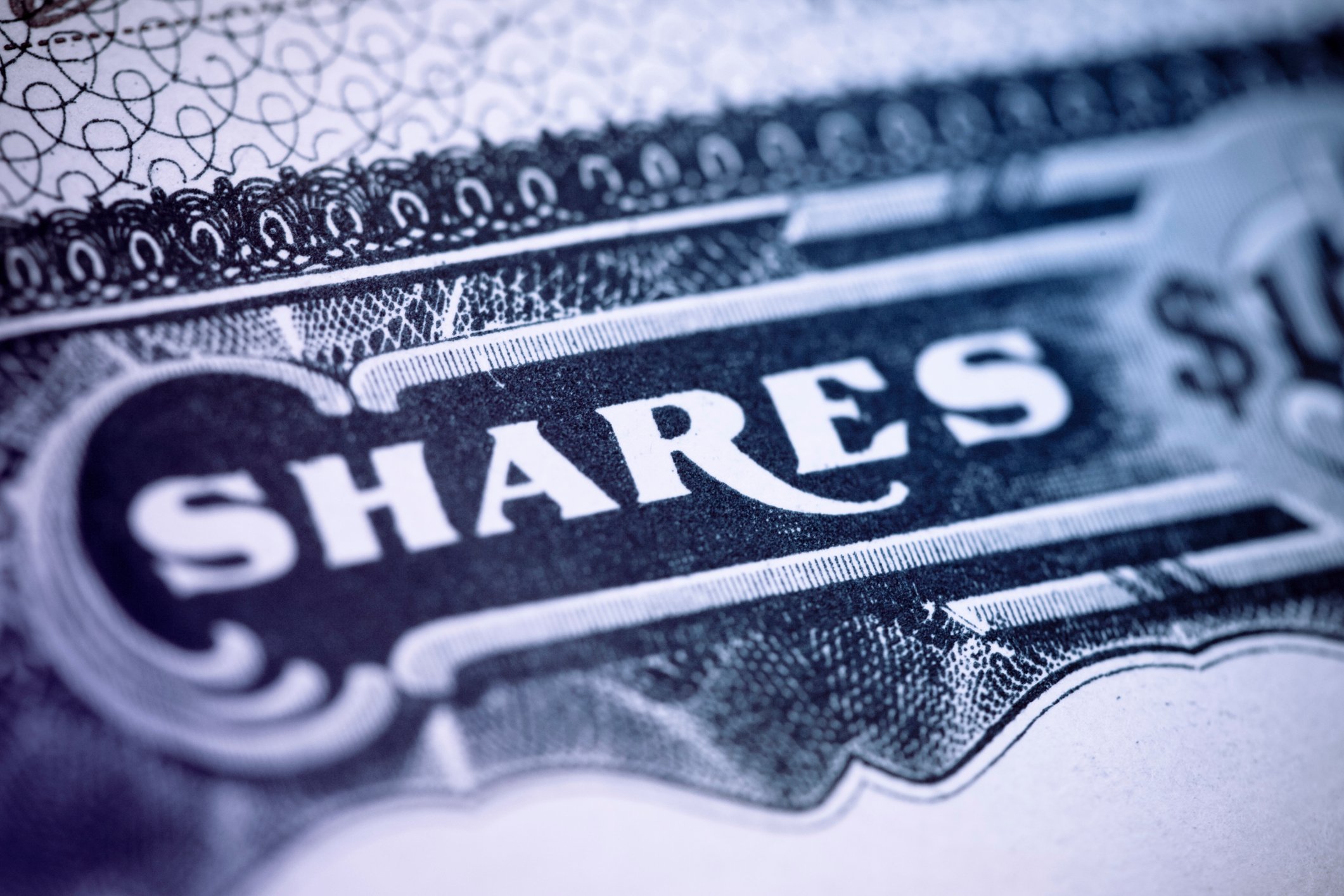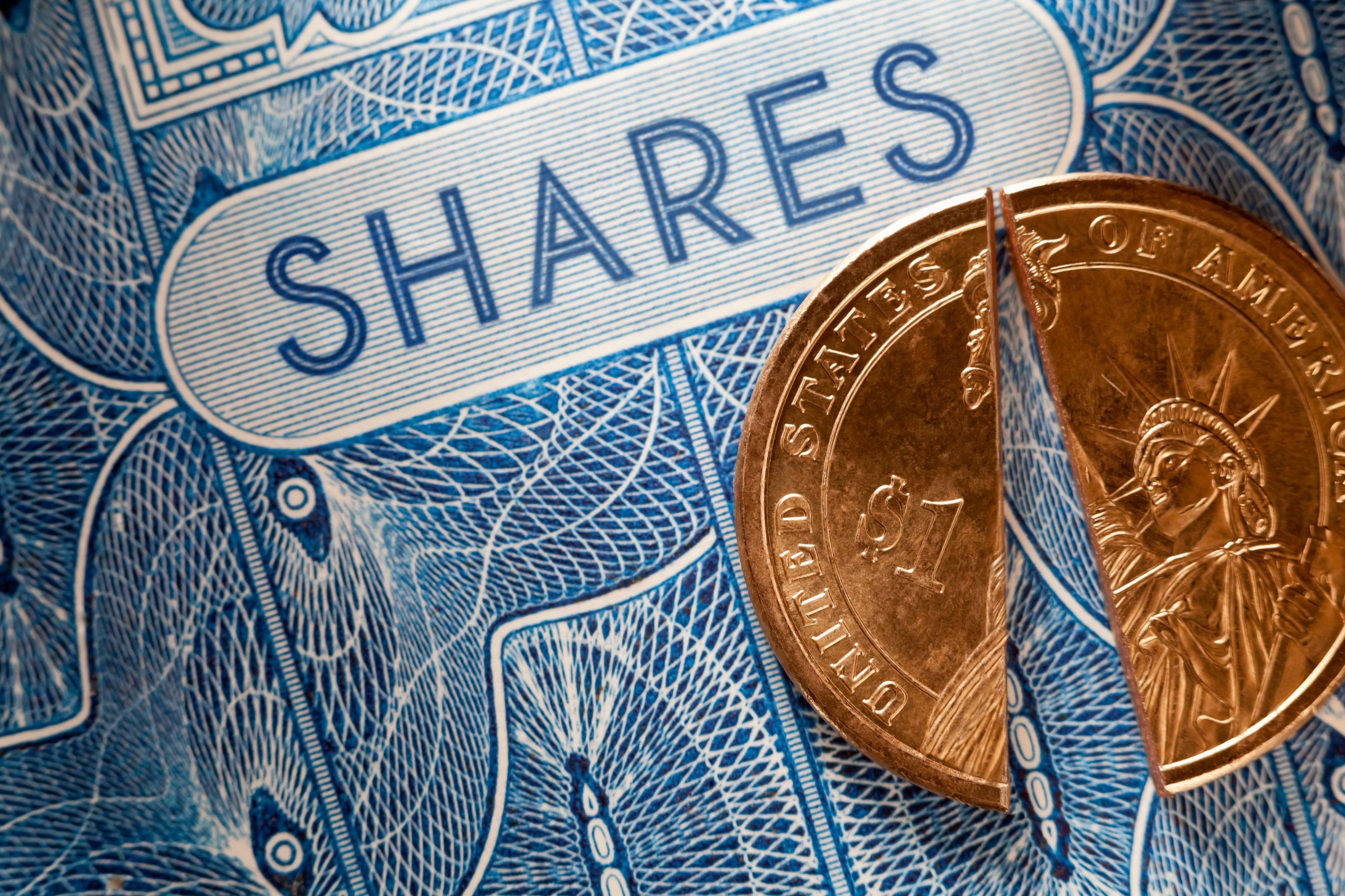It's an important day for Pandora (P +0.00%).
CEO Joseph Kennedy is pleading his case in favor of the Internet Radio Fairness Act today, hoping that restrictive royalty restrictions that have gotten in the way of the company turning a consistent profit will ease up.
Unlike Sirius XM Radio (SIRI +0.00%), which pays a small percentage of its revenue, Pandora and other Internet radio companies have to pay a fee for every song that is streamed. It's just a fraction of a cent for every tune, but when you consider the bandwidth and technology costs coupled with the low rates for online advertising on digital radio, it's hard to make a living that way.
Kennedy argues that Pandora will pay SoundExchange almost $250 million in royalties this year, and that's more than half of the $429 million that analysts see the company collecting in total revenue. Kennedy points to Sirius XM paying just 7.5% of its revenue and cable radio shelling out only 15% of its take.
However, Kennedy may be missing a few key points.
- Sirius XM still already pays artists and their record labels a princely sum. Paying 7.5% of the $3.4 billion in revenue that analysts are targeting this year would find the satellite radio giant paying slightly more than the $250 million that Pandora is complaining about -- even though Sirius XM has fewer users.
- Sirius XM is about far more than music. Try it some time, Kennedy.
- This wouldn't be such a big problem if Pandora got more of its subscribers to pay up for premium subscriptions, you know, like Sirius XM, cable radio companies, or even fellow digital service operator Spotify.
Pandora's already wearing the ruby red slippers. It's had the power to get what it wants all along. If Pandora wants to argue about why it has to pay rates that terrestrial radio station operators do not -- an argument that makes far more sense but may mean losing Internet Radio Fairness Act partner CC Media Holdings' (NASDAQOTH: CCMO) Clear Channel Radio -- it can do that. However, complaining that premium services have it better when it can't get more of its freeloaders to pay up for ad-free streams may be a bigger knock on itself than a bargaining chip.
It's easy to see why Pandora's speaking up. Even if it means angering the artists that it relies on for content, this is a field that's about to get even more competitive soon.
Forget Microsoft's (MSFT +1.66%) recent rollout of Xbox Music, the software giant's new streaming platform that offers what Spotify, Pandora, and iHeartRadio are already specializing in these days. The real monster here is Apple (AAPL +0.10%), and reports claiming that Apple is in licensing talks with major record labels for a streaming service of its own is something that has hurt Pandora's stock lately far more than music royalty rates.
It will be great for Pandora shareholders if it succeeds here. However, a victory here will also be a dinner bell for new and existing competition.
Is Pandora ready to crack open its namesake box?








